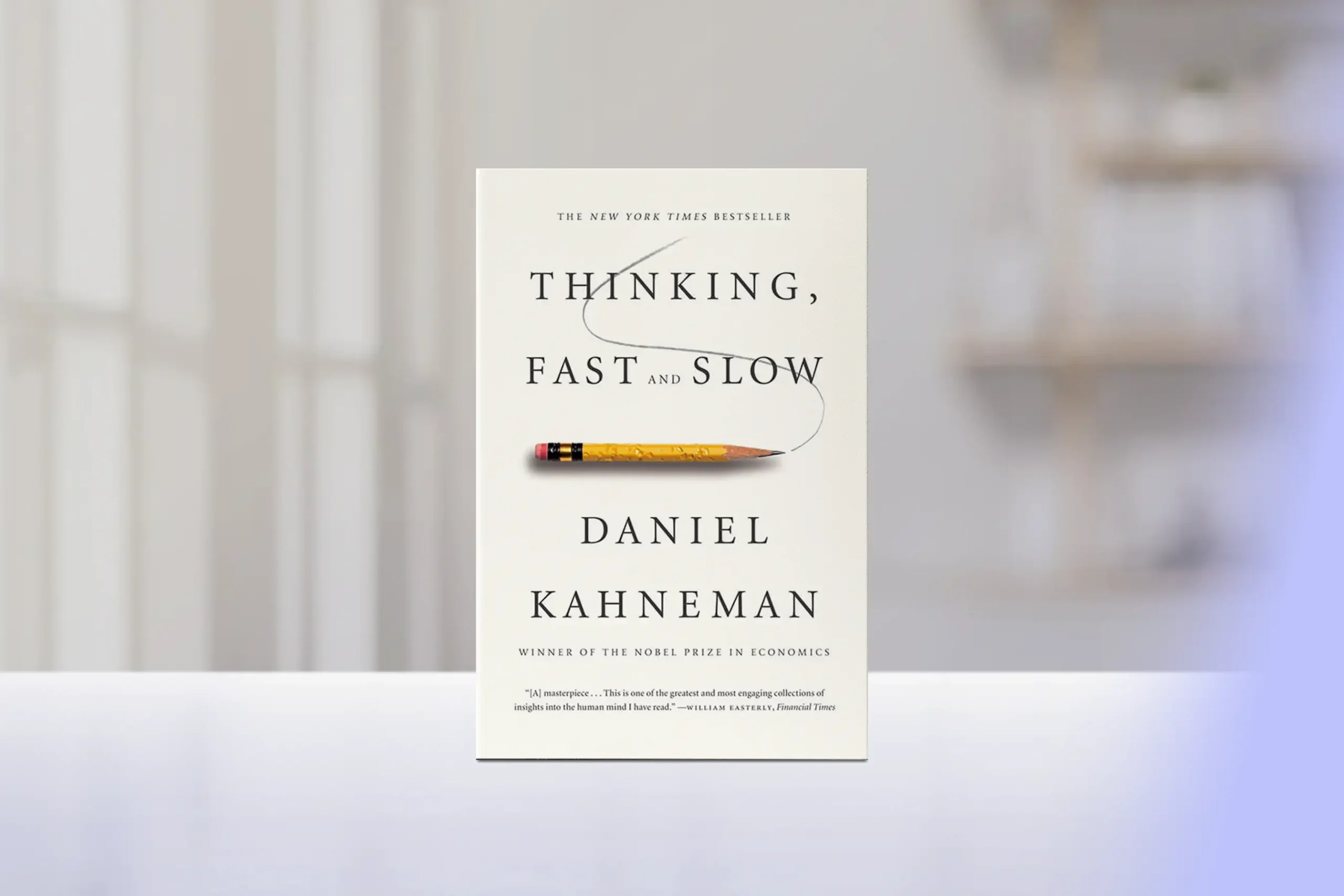Ever feel stuck in a life that looks fine on the outside but feels wrong inside? The 16 successful people who quit everything to start over and succeed didn’t have a perfect plan—they simply decided that staying was scarier than leaving. These real stories show how walking away from security and embracing uncertainty can lead to deeper meaning, greater success, and a life that truly fits. Sometimes, the boldest step forward is starting from scratch.
Inside this article:
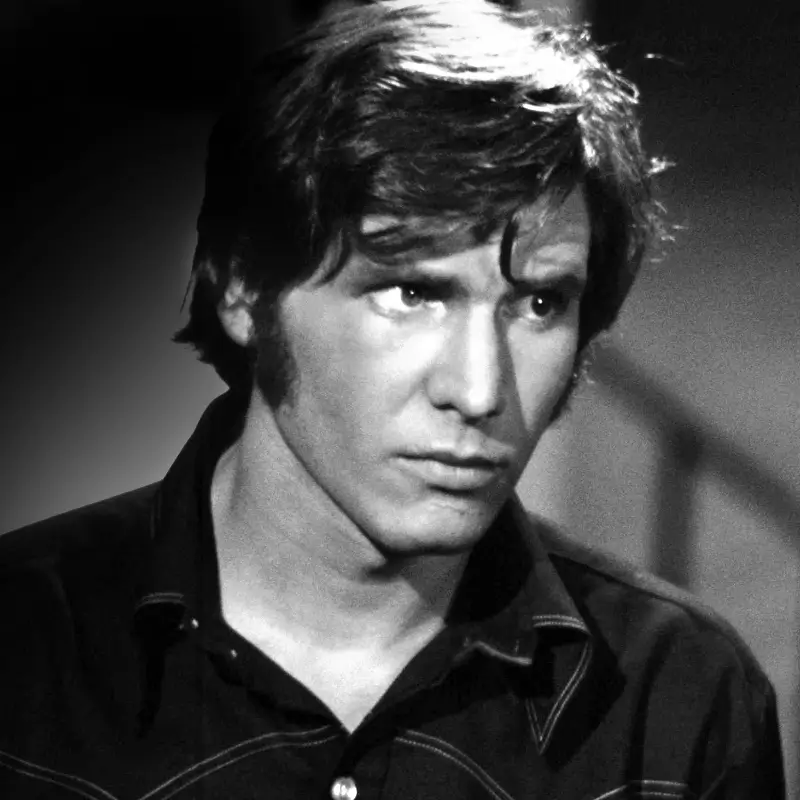
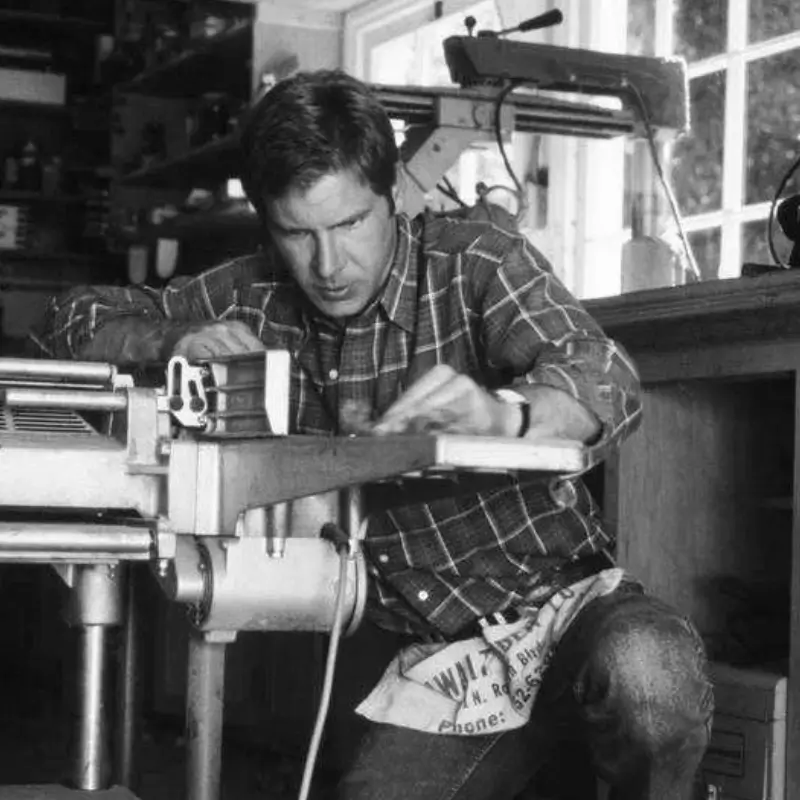
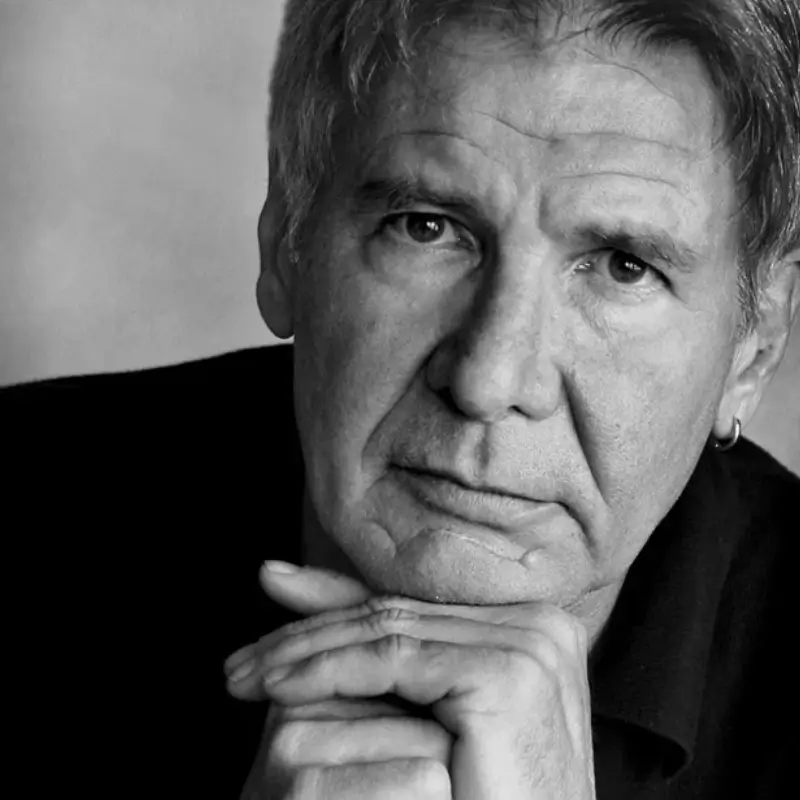
1. Harrison Ford
After years of small, forgettable roles and constant rejection, Harrison Ford made a practical decision that changed everything: he quit acting and became a carpenter. Not as a backup plan, but as his main focus.
The transformation: Ford’s story, detailed in multiple biographies including Harrison Ford: Imperfect Hero, shows how removing desperation can paradoxically open doors. As a skilled carpenter, he wasn’t dependent on acting jobs, which meant he could be selective and authentic in auditions. This shift from needy actor to confident craftsman changed how directors saw him.
His carpentry work led him to George Lucas, who eventually cast him as Han Solo—launching one of Hollywood’s most enduring careers.
How this could help you: If you’re feeling desperate in your current pursuit, consider developing a parallel skill that removes financial pressure.
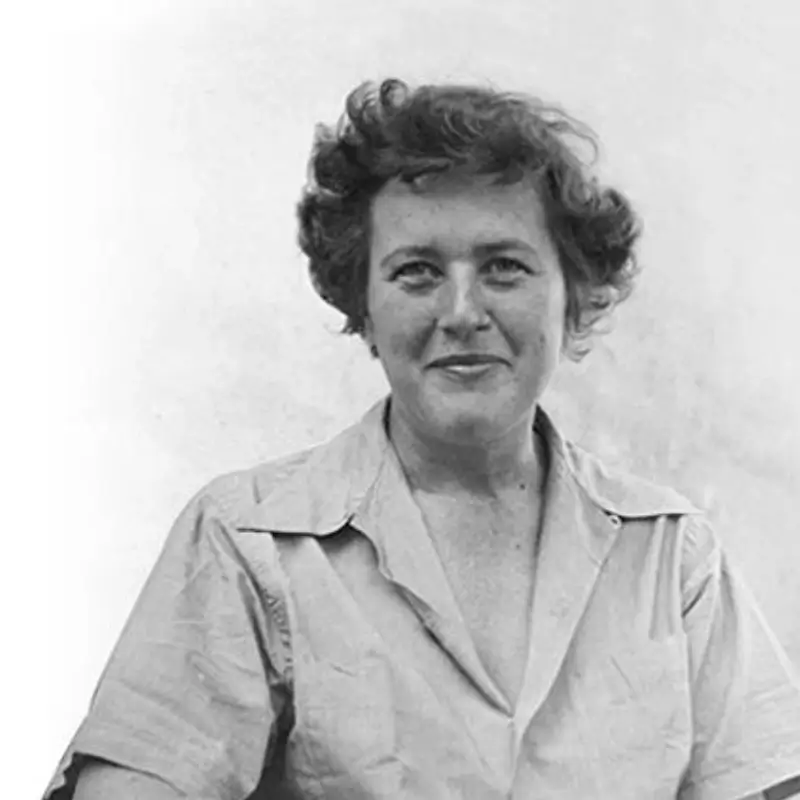
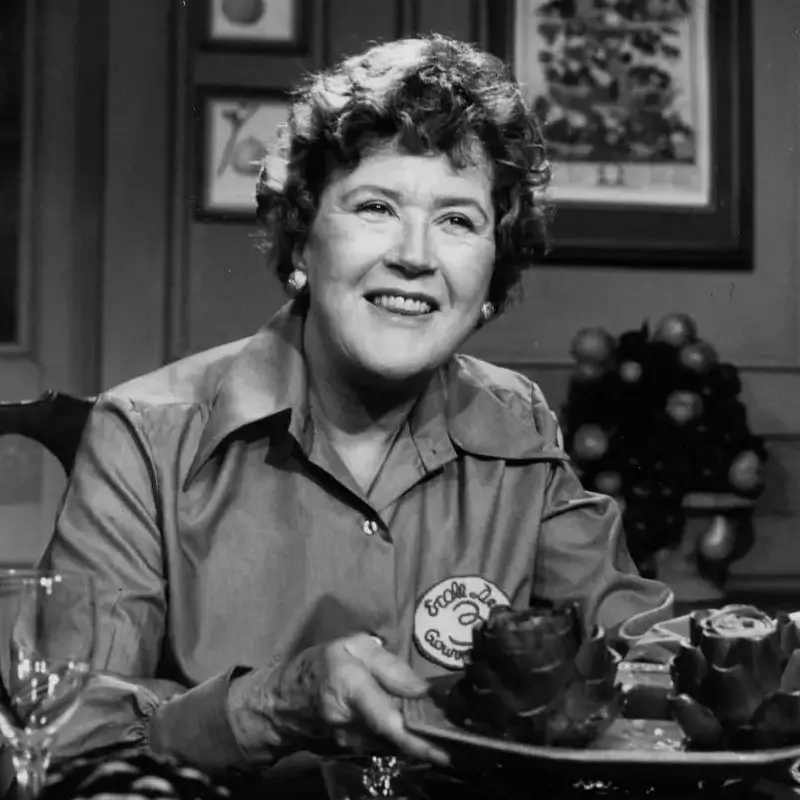
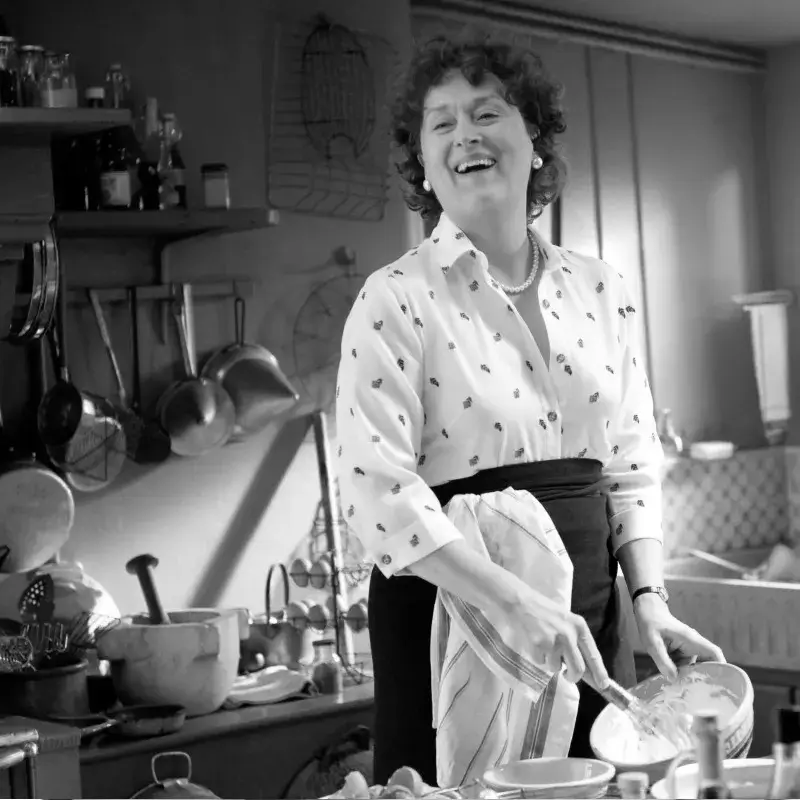
2. Julia Child
Julia Child spent her early career in advertising and government work, feeling unfulfilled and directionless. At 37—an age when many people think it’s “too late” to start over—she enrolled in culinary school in Paris and discovered her true calling.
The breakthrough: Child’s transformation, chronicled in her memoir My Life in France, began with a simple decision to follow curiosity over convention. In Paris, she didn’t just learn to cook—she discovered a way of living that honored pleasure, craftsmanship, and sharing joy with others. Her methodical approach to mastering French techniques, combined with her natural teaching ability, created something entirely new in American food culture.
Her cookbook Mastering the Art of French Cooking revolutionized American home cooking and launched a multimedia empire. Her story reached an even wider audience through the 2009 film Julie & Julia, in which Meryl Streep portrayed Child with both humor and heart, bringing her legacy to a new generation.e.
What you can take from this: Start exploring what genuinely excites you now—regardless of your age or current commitments. Most “overnight successes” actually took decades of preparation and courage.

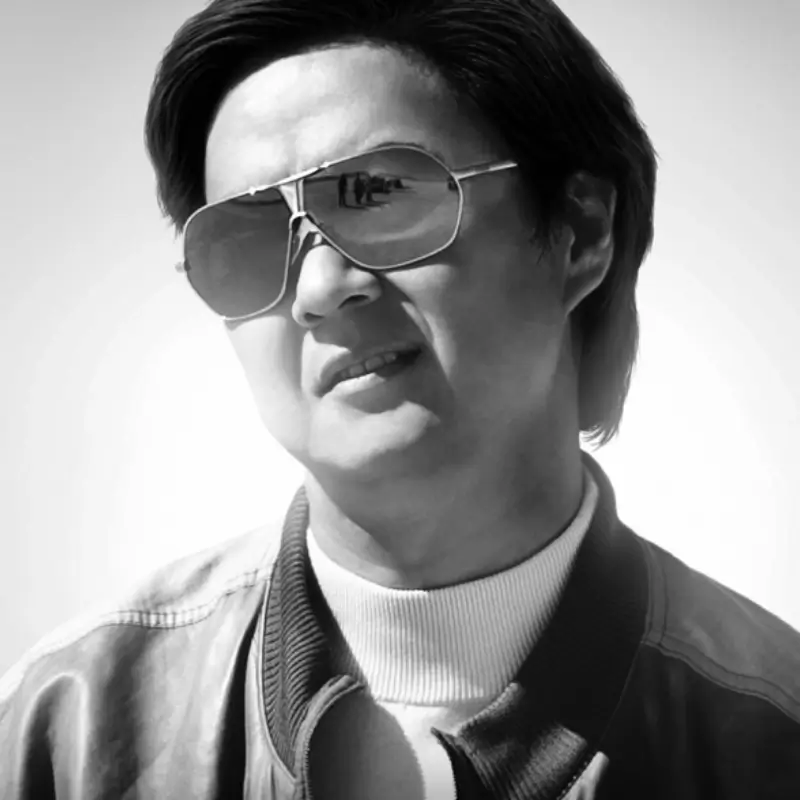
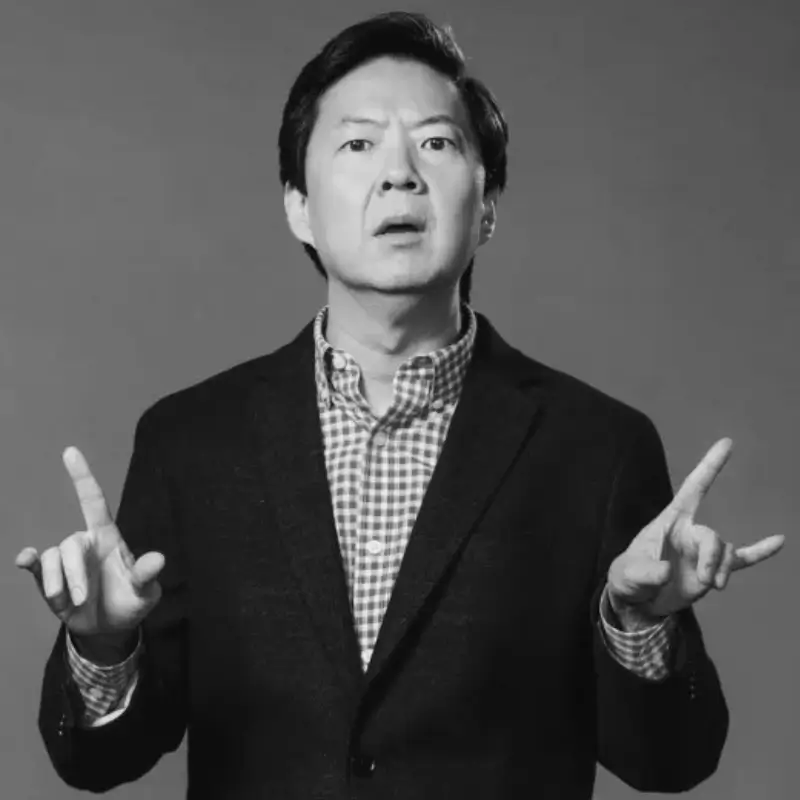
3. Ken Jeong
Dr. Ken Jeong had a successful medical practice and was earning a comfortable living as a physician. But he felt called to comedy and acting, despite having no guarantee of success in entertainment. He eventually left medicine entirely to pursue his creative dreams.
The pivot: Jeong’s journey, featured in numerous interviews and his book The Tao of Ken, reveals how his medical training actually enhanced his comedy rather than hindering it. His scientific approach to understanding human behavior, combined with his natural timing and fearless willingness to be vulnerable on stage, created a unique comedic voice. The confidence he’d built saving lives translated into the courage needed to take creative risks.
From The Hangover to Community to Crazy Rich Asians, his willingness to leave security behind opened doors to extraordinary opportunities.
How this applies to you: Your “practical” background might be exactly what makes you unique in your new field.
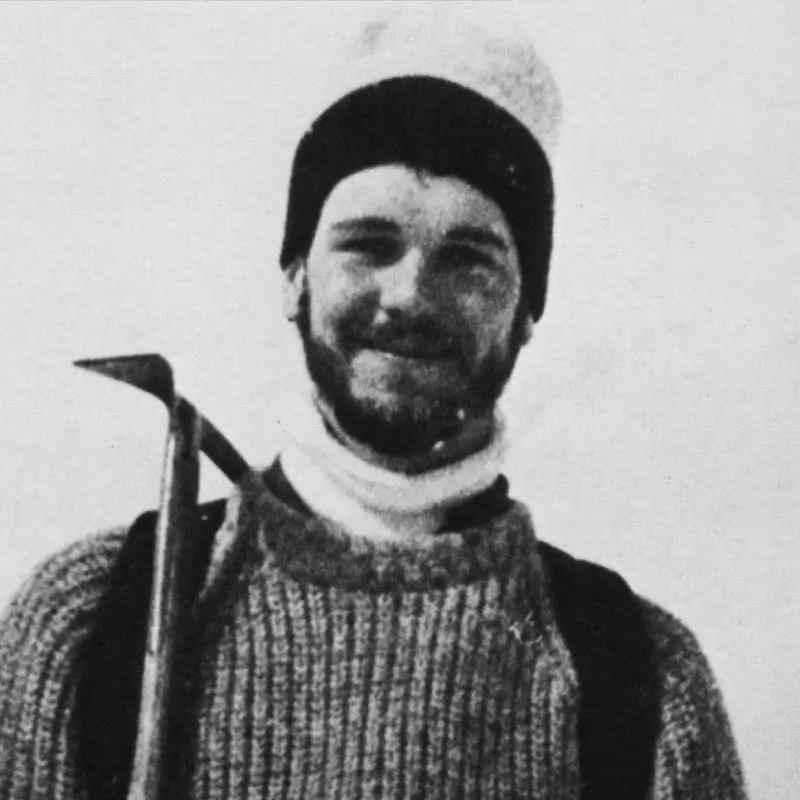
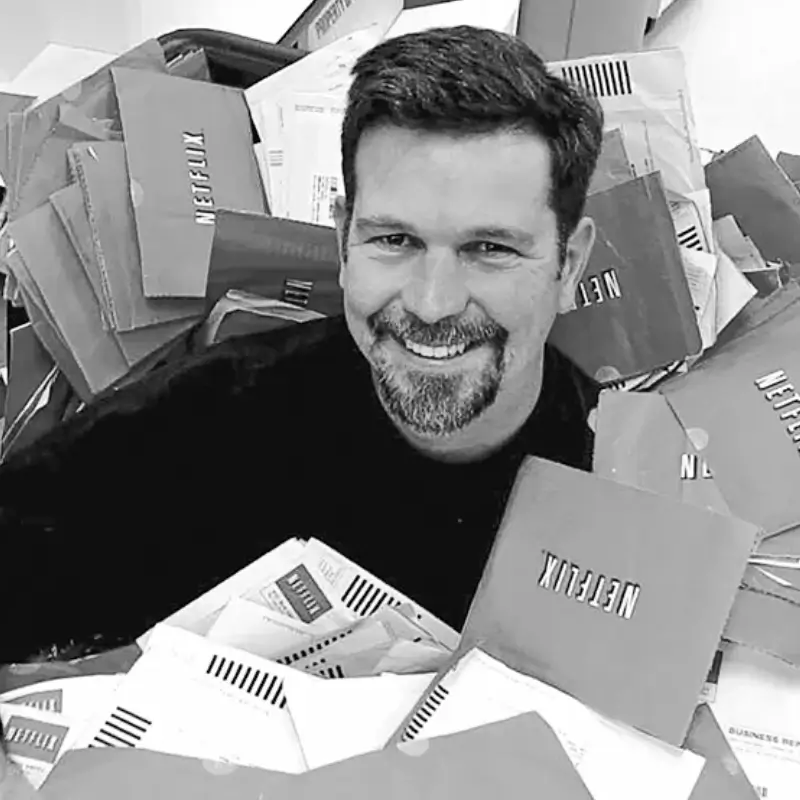
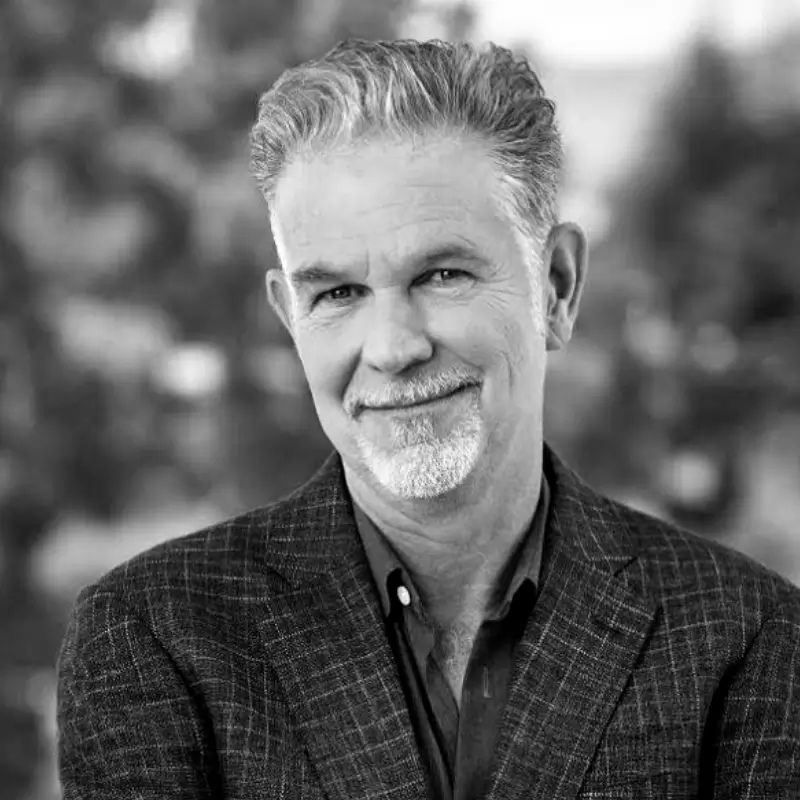
4. Reed Hastings
After his first company, Pure Software, struggled and was eventually sold, Reed Hastings could have played it safe. Instead, he took time to reflect on what went wrong, traveled, and taught high school math to reconnect with his values.
The reset: Hastings’ journey, documented in No Rules Rules and various business case studies, shows how stepping away from the entrepreneurial hustle allowed him to process his failures without the pressure to immediately bounce back. Teaching teenagers reminded him what authentic leadership looked like—patient, adaptive, and focused on growth rather than control. This reflective period gave him the insights that would become Netflix’s revolutionary company culture.
His willingness to pivot from traditional software to streaming entertainment revolutionized how we consume media.
How this could help you: When facing setbacks, ask yourself what lessons are hidden in the experience.
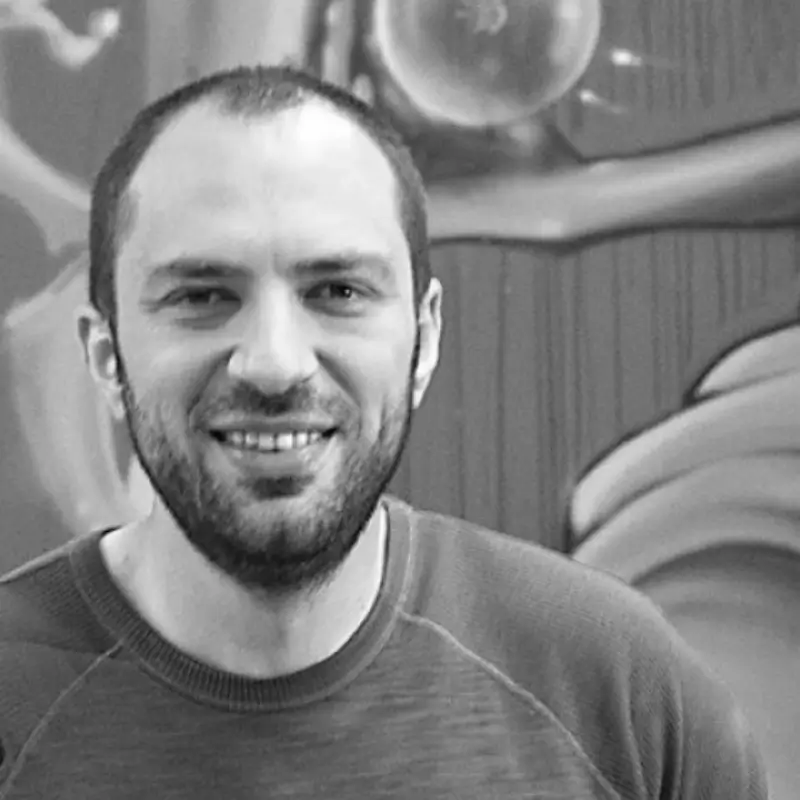
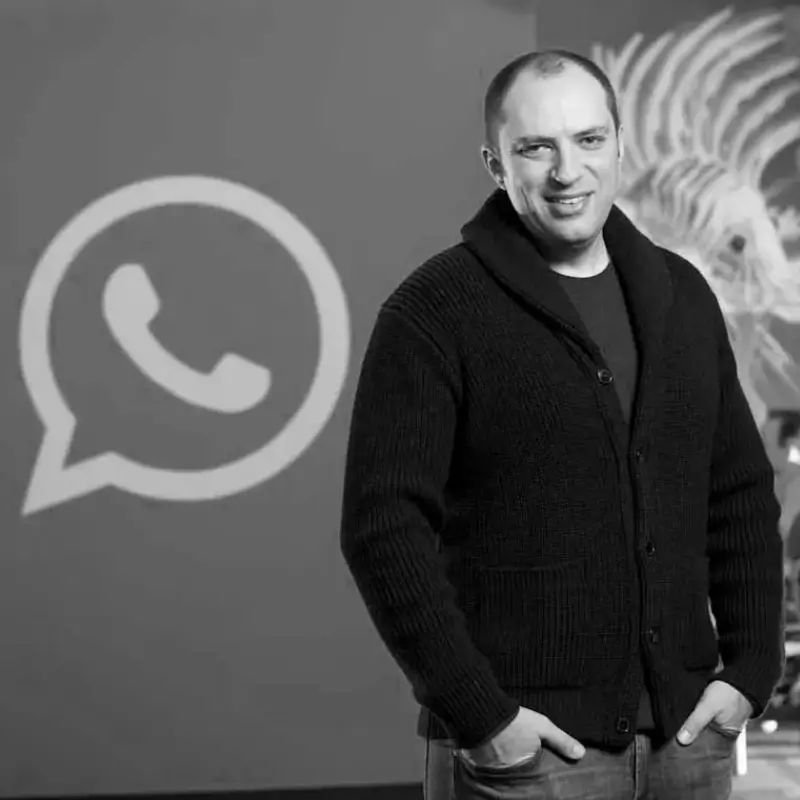
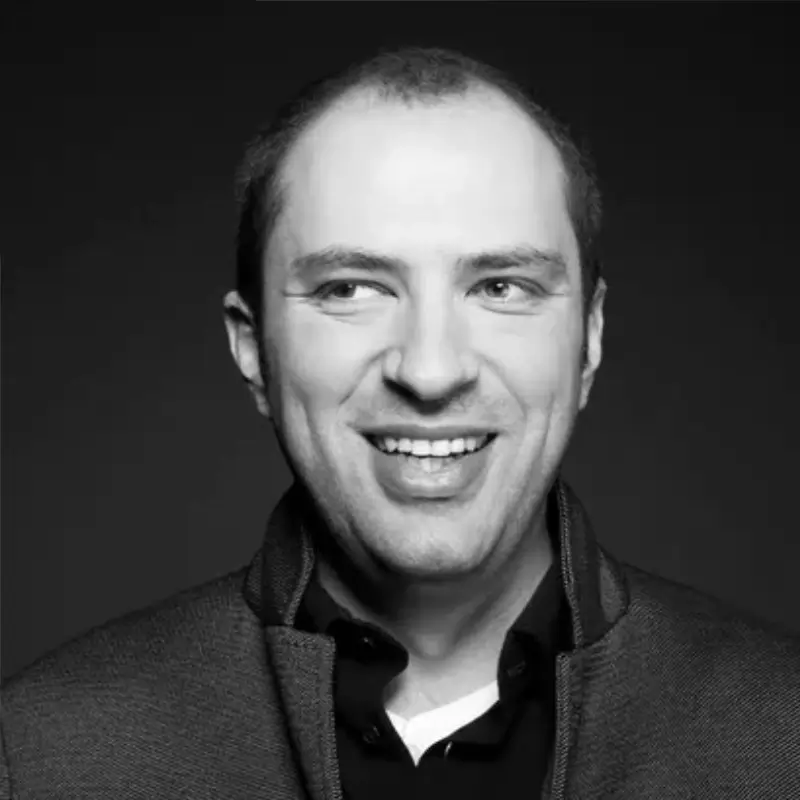
5. Jan Koum
Jan Koum left Yahoo after feeling constrained by corporate bureaucracy and dropped out of college to focus on what he really wanted to build. Living off savings and unemployment benefits, he co-founded WhatsApp with a focus on simplicity and user privacy.
The vision: Koum’s story, detailed in multiple tech biographies, illustrates how his immigrant background and values-first approach created something genuinely different in Silicon Valley. While other apps chased features and advertising revenue, Koum remained obsessed with one thing: helping people communicate without interference. His willingness to live minimally while building the product meant he never had to compromise his core principles for quick revenue.
WhatsApp sold to Facebook for $19 billion, making Koum one of the most successful entrepreneurs of his generation.
What you can learn from this: Sometimes what looks like “dropping out” is actually stepping into your real career. The most valuable companies often start with personal frustrations, not market opportunities.
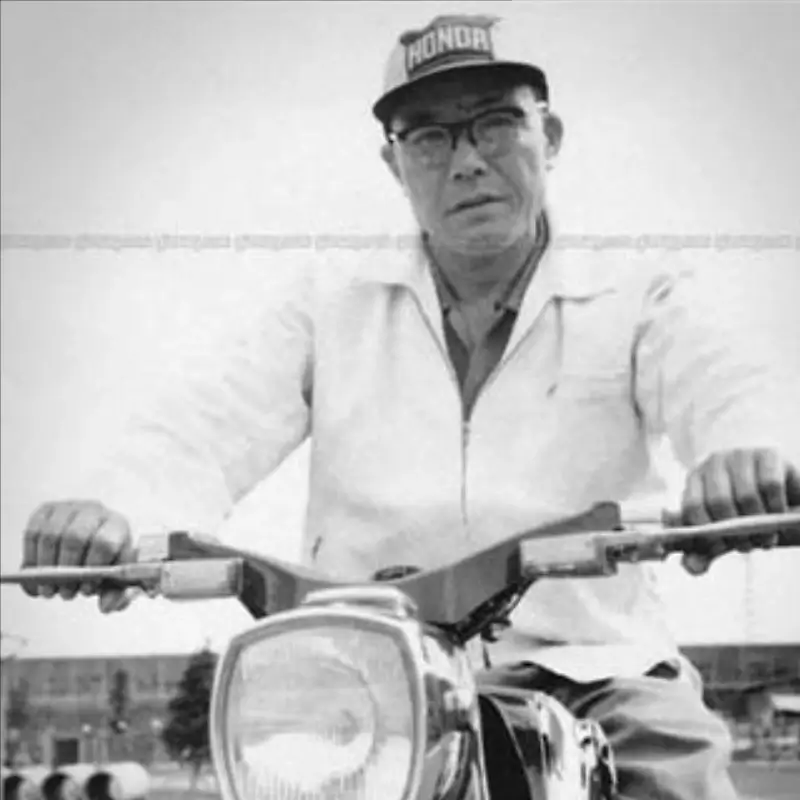
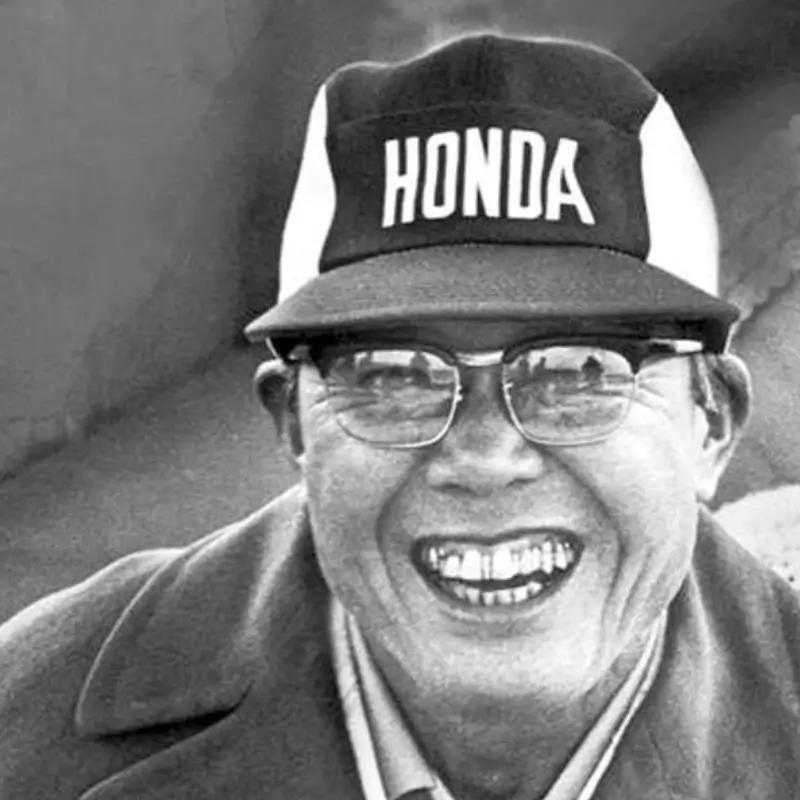
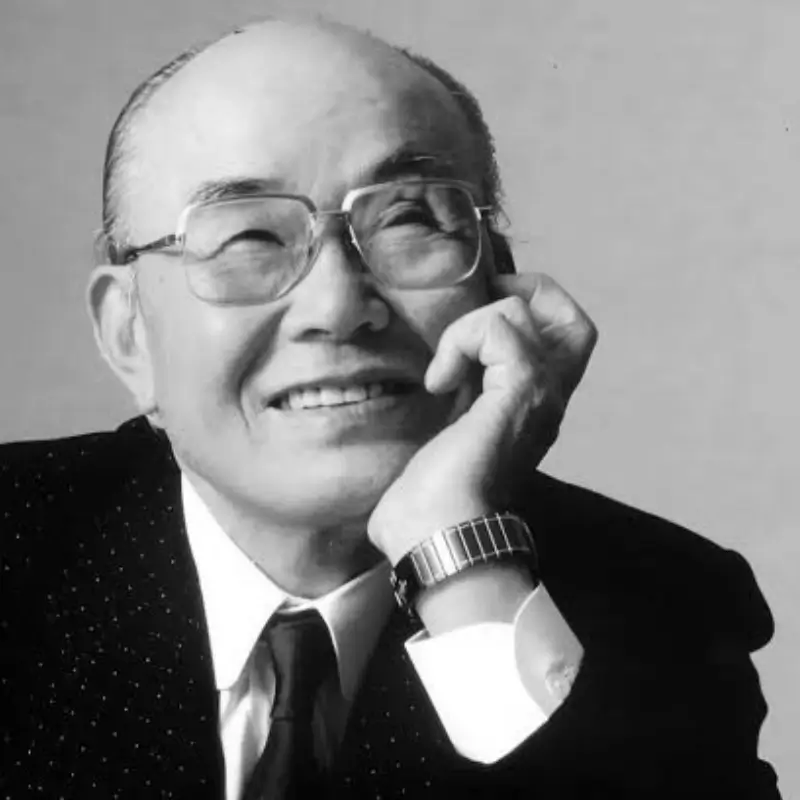
6. Soichiro Honda
Honda was working as a mechanic and running a small piston ring business when World War II destroyed his factory. After the war, instead of trying to rebuild the same business, he quit everything and started over with a radical new vision: attaching small engines to bicycles to help people get around in post-war Japan.
The pivot: Honda’s transformation shows how devastating failure can become the foundation for extraordinary success. When his piston ring business was rejected by Toyota and then destroyed by bombing, he could have played it safe and returned to being a mechanic. Instead, he used his mechanical expertise to solve a completely different problem – transportation for ordinary Japanese citizens who couldn’t afford cars.
Starting in a small shed with war surplus engines, he built Honda Motor Company from nothing. His hands-on engineering approach and obsession with quality eventually made Honda one of the world’s largest automotive and motorcycle manufacturers.
How this applies to you: Sometimes what looks like total failure is actually clearing the path for your real calling. Your technical skills might be more valuable in an entirely different industry than where you first applied them.
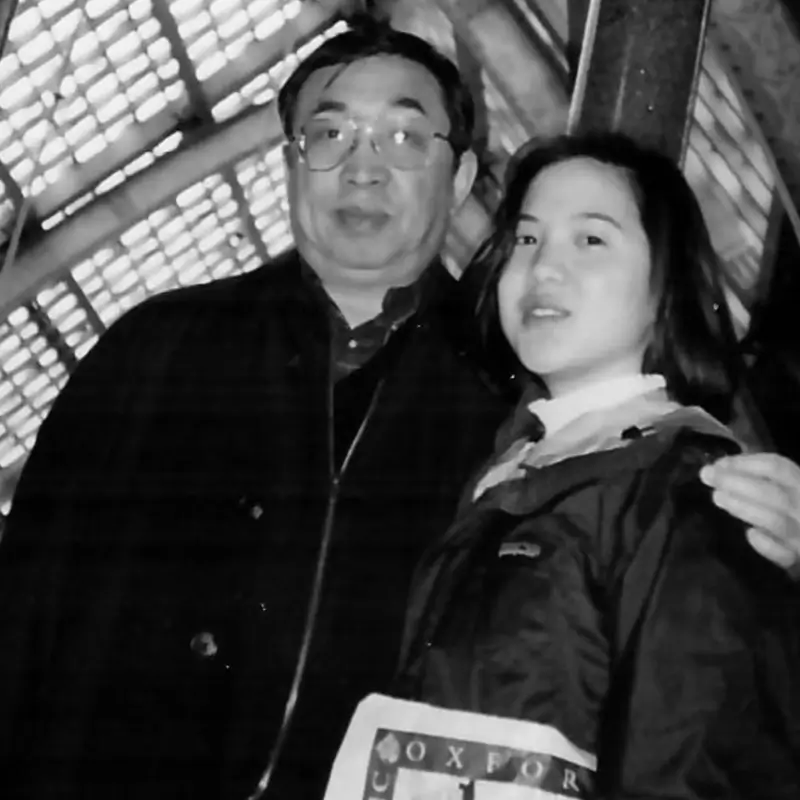
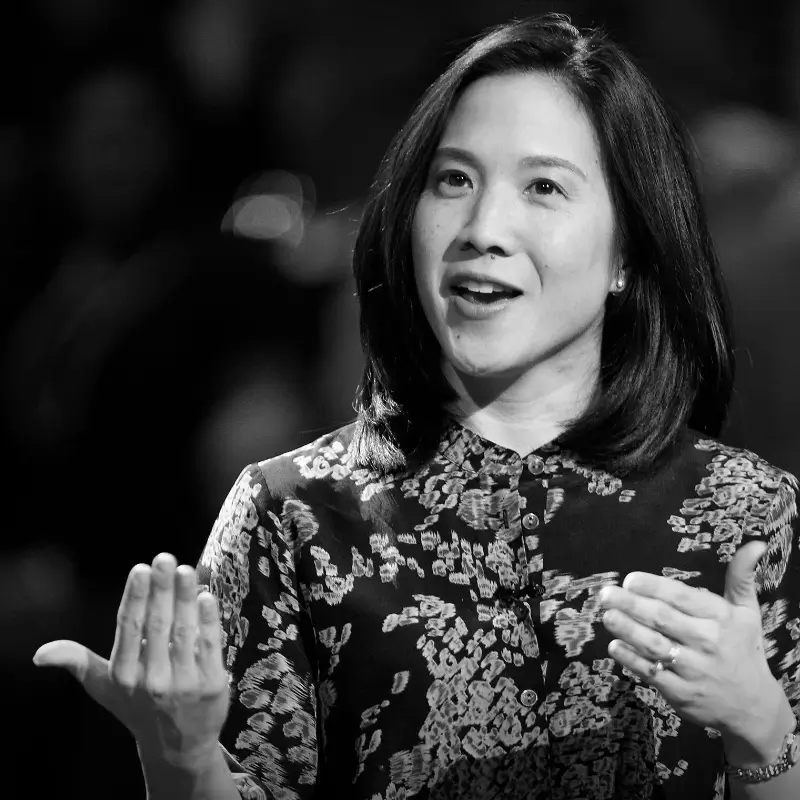
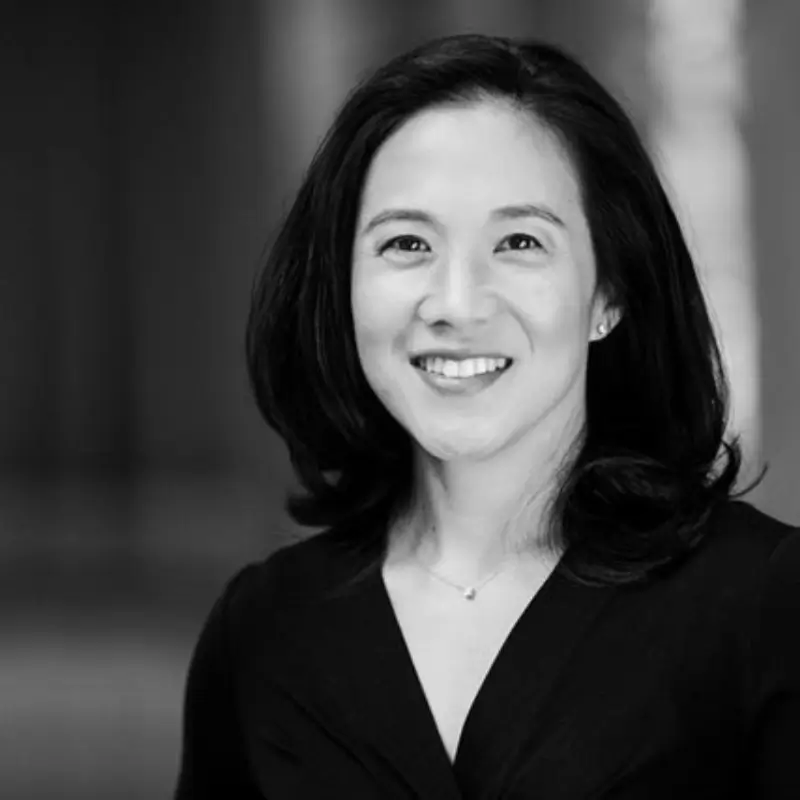
7. Angela Duckworth
Angela Duckworth left a prestigious consulting job at McKinsey and later quit a government position to become a seventh-grade math teacher. This “step backwards” eventually led her to groundbreaking research on grit and resilience.
The discovery: Duckworth’s journey, detailed in her book Grit, began with a simple observation in her classroom: the students who succeeded weren’t necessarily the smartest, but the most persistent. This insight, which she might never have uncovered in a corporate boardroom, became the foundation for research that would reshape how we understand achievement. Her willingness to trade status for authentic curiosity opened an entirely new field of study.
She’s now a MacArthur “Genius Grant” recipient and one of the world’s leading researchers on success and perseverance.
How this could help you: Consider how direct experience in your area of interest might teach you more than analyzing it from the outside.
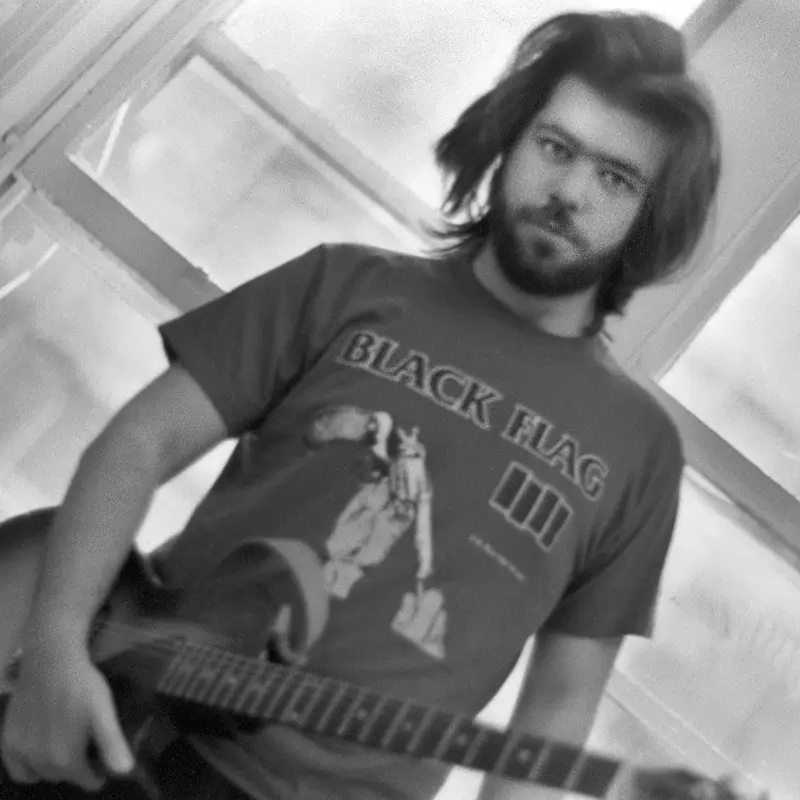
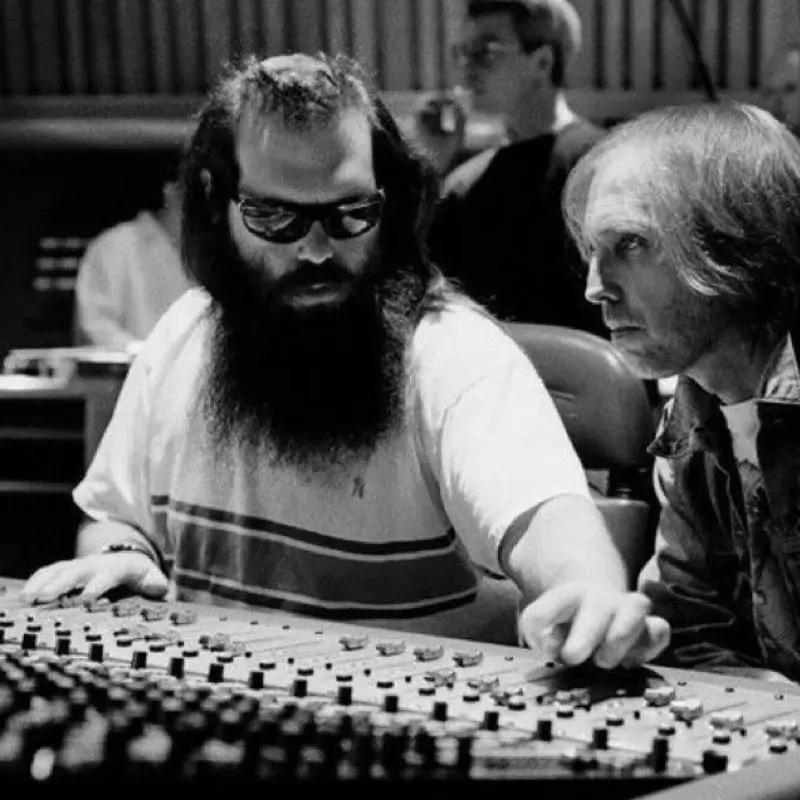
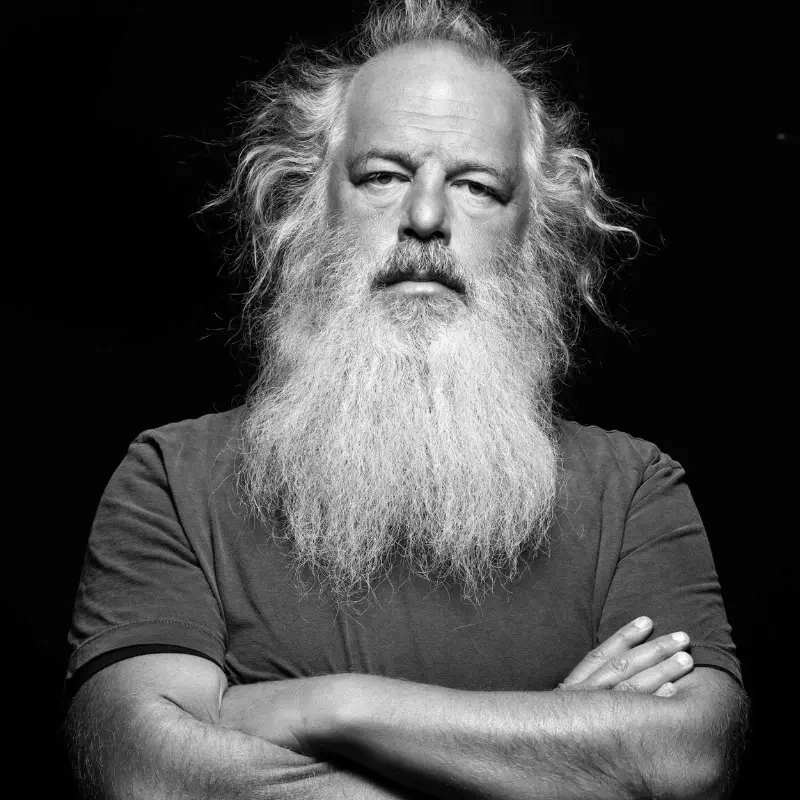
8. Rick Rubin
Rick Rubin walked away from the high-pressure, ego-driven music industry culture in New York and rebuilt his creative life around minimalism, meditation, and presence. He left behind the traditional producer lifestyle to focus purely on the art.
The simplification: Rubin’s transformation, explored in his book The Creative Act, involved stripping away everything that wasn’t essential to creating great music. He realized that the industry’s obsession with trends, networking, and image was actually interfering with his ability to help artists access their most authentic expression. By creating space—literally and figuratively—he could focus entirely on what happened in the creative moment.
His mindful approach has led to Grammy-winning albums across genres from Johnny Cash to Adele.
What you can take from this: Sometimes the path to better results is doing less, not more. The music industry’s most successful producer barely looks like he’s in the music industry at all.
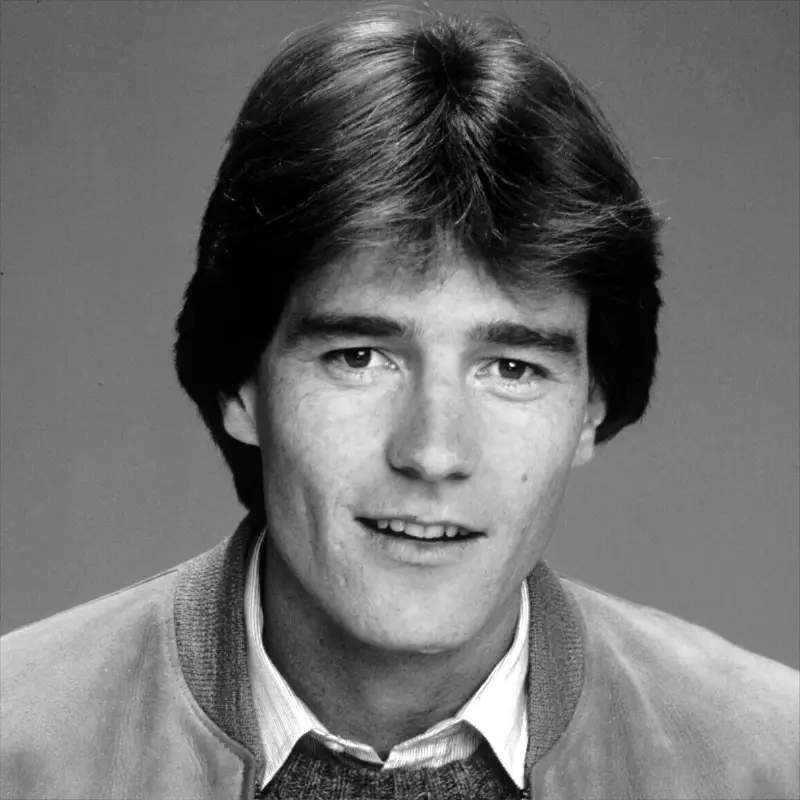
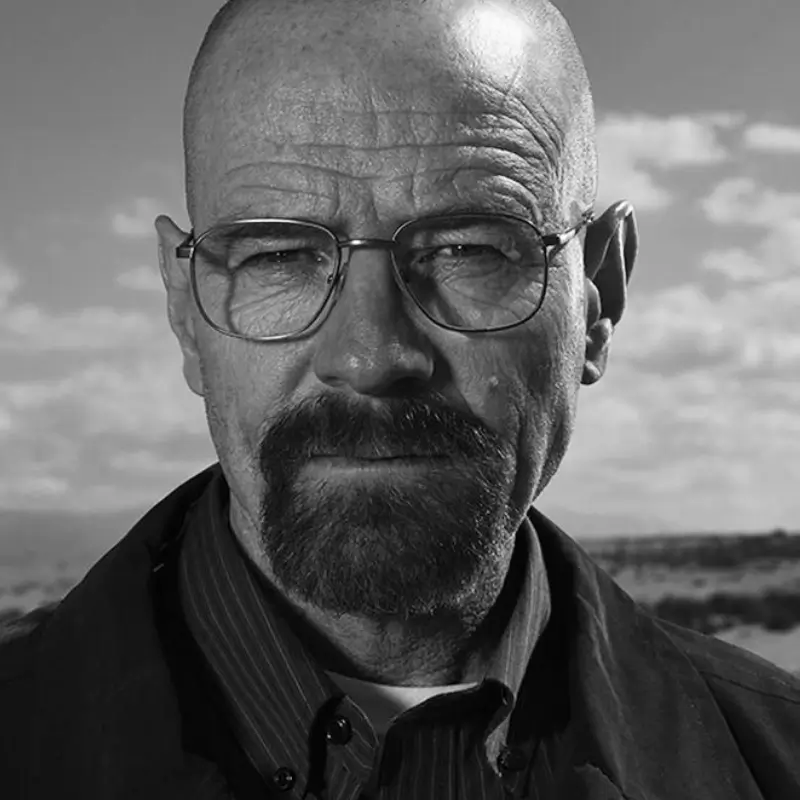
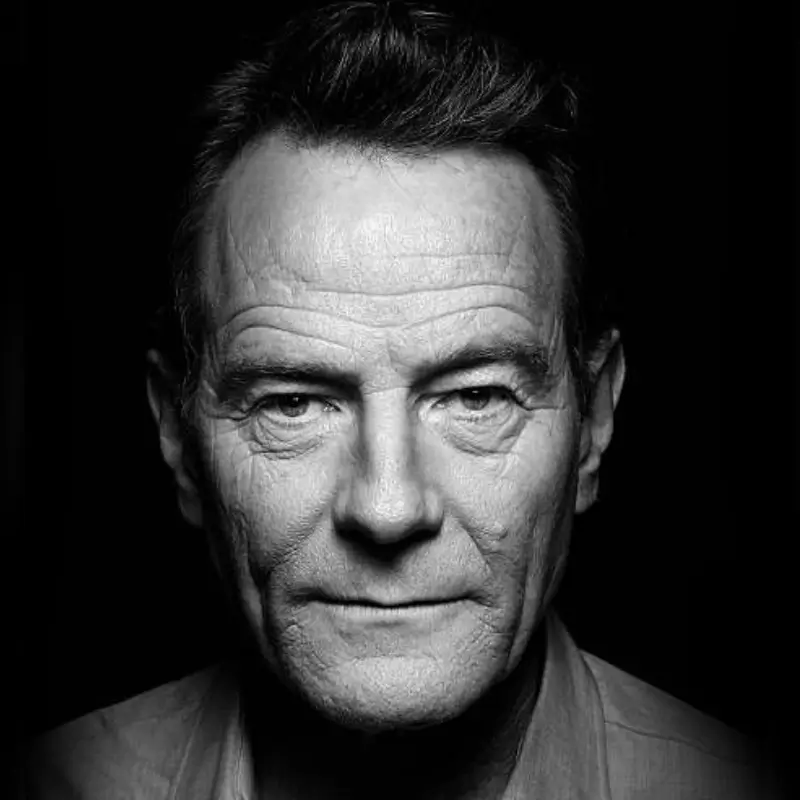
9. Bryan Cranston
Bryan Cranston spent years in “desperate actor” mode, taking any role that paid bills and feeling increasingly frustrated with his career. He eventually stepped back to recenter his purpose and approach to acting, focusing on the craft rather than the outcome.
The mindset shift: Cranston’s transformation, described in his memoir A Life in Parts, came from changing his relationship with rejection and success. Instead of seeing each audition as a referendum on his worth, he began approaching them as opportunities to practice his craft and tell stories. This subtle but profound shift removed the desperation that had been undermining his performances and allowed his natural talent to emerge.
This internal transformation led directly to his casting as Walter White in Breaking Bad.
How this applies to you: Changing how you pursue your goal can be more powerful than changing the goal itself.

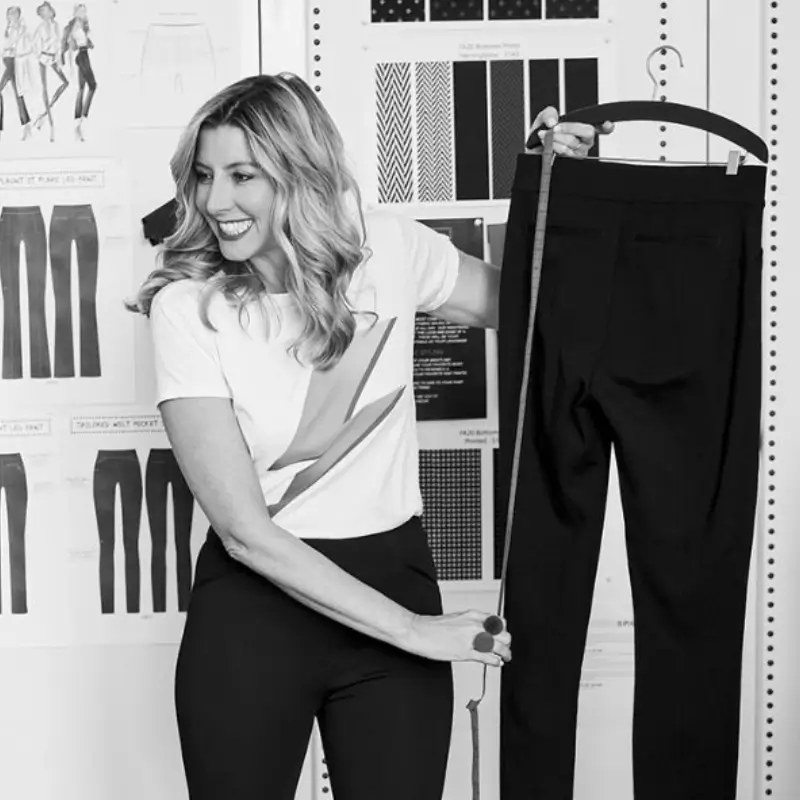

10. Sara Blakely
Sara Blakely spent years selling fax machines door-to-door, feeling increasingly disconnected from her work. With just $5,000 in savings, she quit to develop her idea for footless pantyhose, despite having no business experience or fashion industry connections.
The leap: Blakely’s story, featured in her interviews and the documentary The Spanx Story, reveals how her sales background actually prepared her perfectly for entrepreneurship. Years of handling rejection had built her resilience, while her daily interactions with women taught her to recognize real problems that needed solving. Her outsider status became an advantage—she wasn’t limited by industry assumptions about what was possible.
She became the world’s youngest self-made female billionaire, proving that innovative solutions often come from outside established industries.
How this could help you: Look for problems in your daily life that might have simple, elegant solutions.
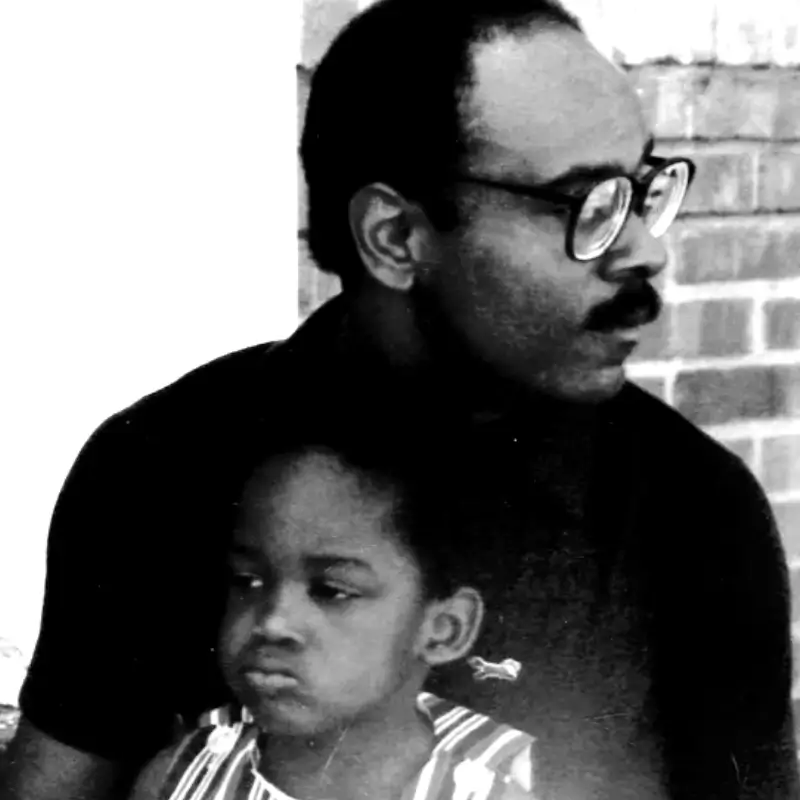
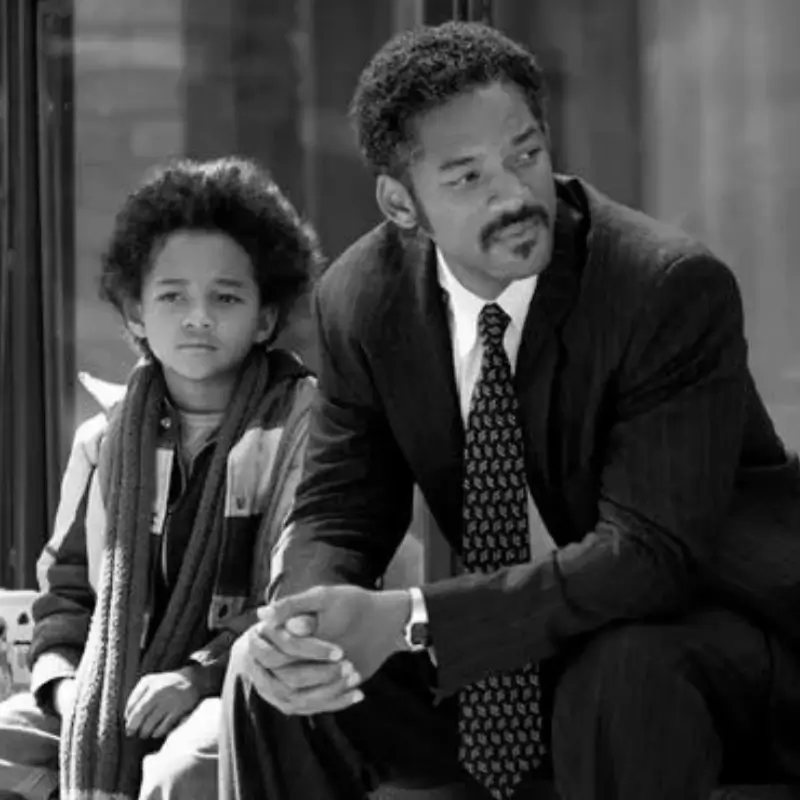
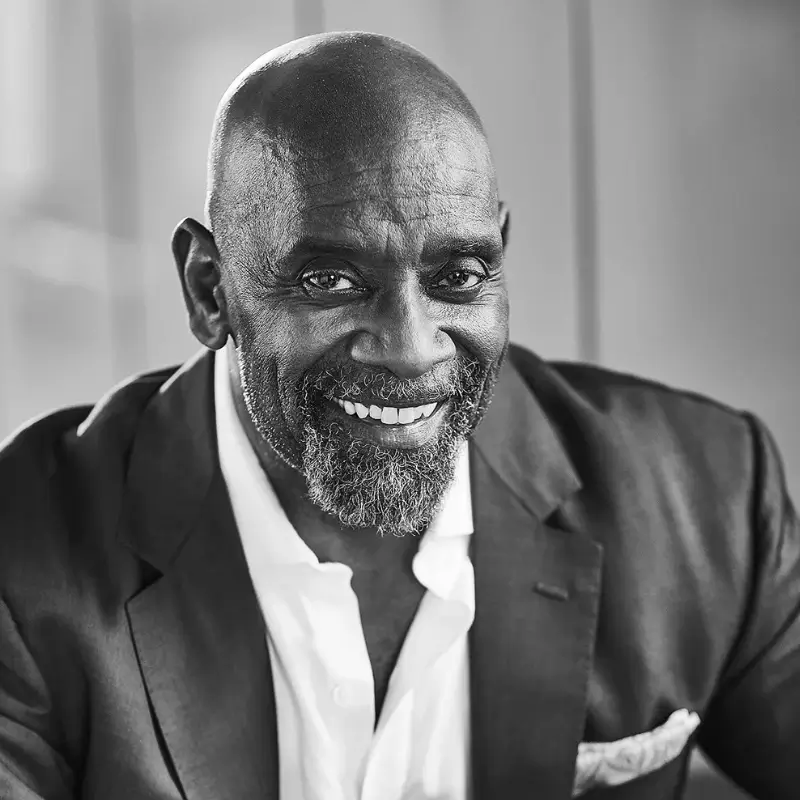
11. Chris Gardner
Chris Gardner quit his medical equipment sales job to pursue an unpaid internship at a brokerage firm—while homeless and caring for his young son. He literally had nothing to fall back on except his determination to build a better life.
The commitment: Gardner’s journey, immortalized in The Pursuit of Happyness, demonstrates what total commitment looks like when your back is against the wall. With no safety net and everything at stake, he couldn’t afford distractions or half-measures. Every moment became precious, every interaction purposeful. His desperation paradoxically freed him from the fear of failure—he was already at rock bottom, so the only direction was up.
He eventually founded his own brokerage firm and became a multimillionaire.
What you can learn from this: Calculate the real cost of staying where you are versus the temporary discomfort of change. Some of the most inspiring success stories begin with the most challenging circumstances.
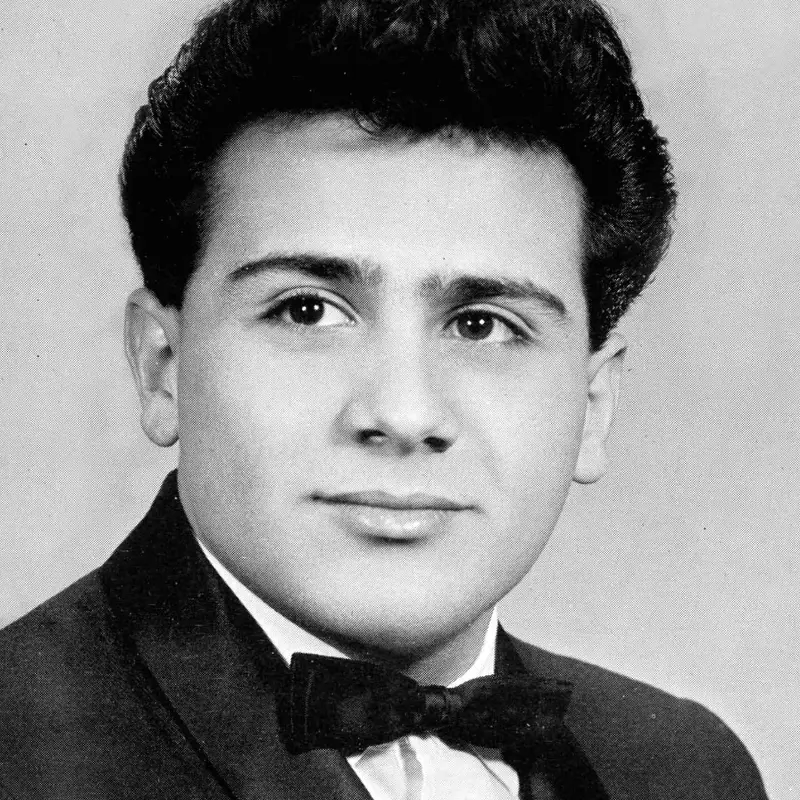
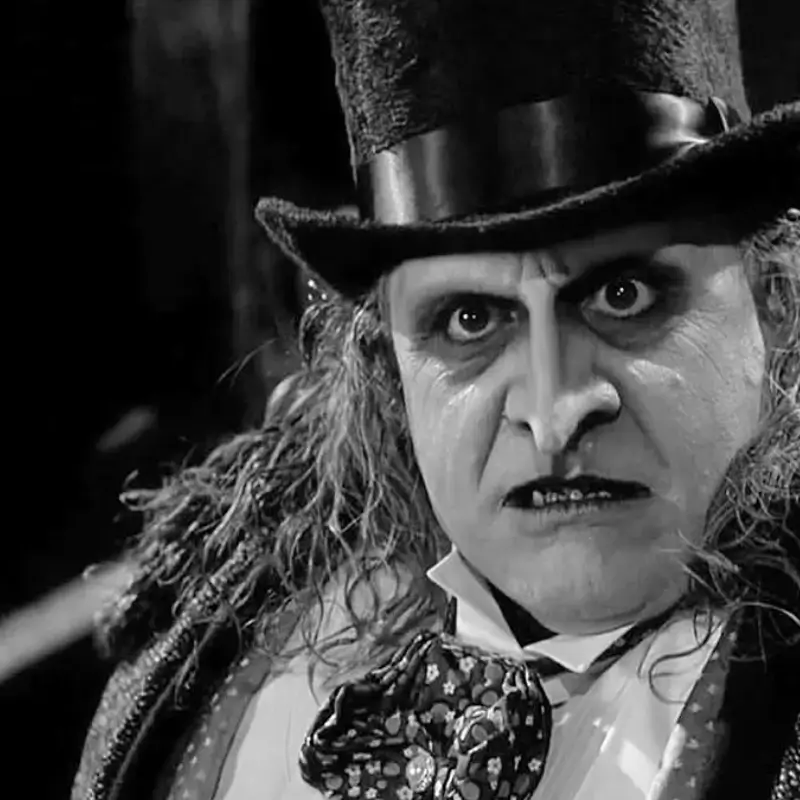
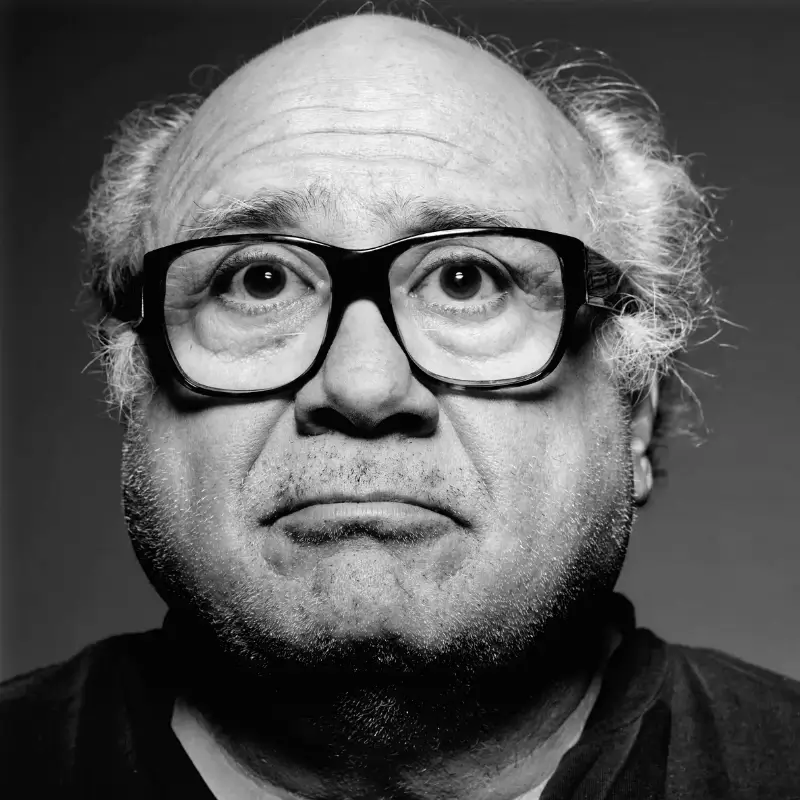
12. Danny DeVito
Danny DeVito was working in mortuary cosmetology—preparing bodies for funerals—when he decided to quit everything and chase his acting dreams. He left a steady, if unusual, career to attend acting school with no guarantees.
The courage: DeVito’s transformation reveals how embracing your unconventional path can become your greatest strength. While other actors tried to fit Hollywood molds, his unique life experiences and unvarnished authenticity made him unforgettable. His comfort with life’s darker realities, gained from his mortuary work, translated into a fearless approach to comedy and drama that few actors could match.
His career has spanned decades, from Taxi to Batman Returns to It’s Always Sunny in Philadelphia.
How this applies to you: Your unusual background might be exactly what makes you memorable in your new field.
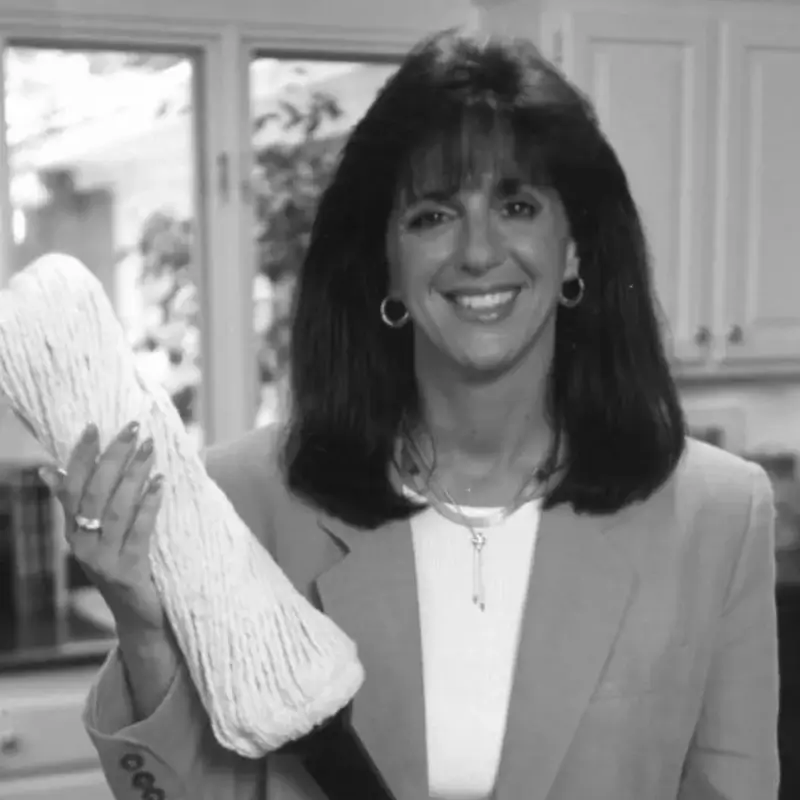

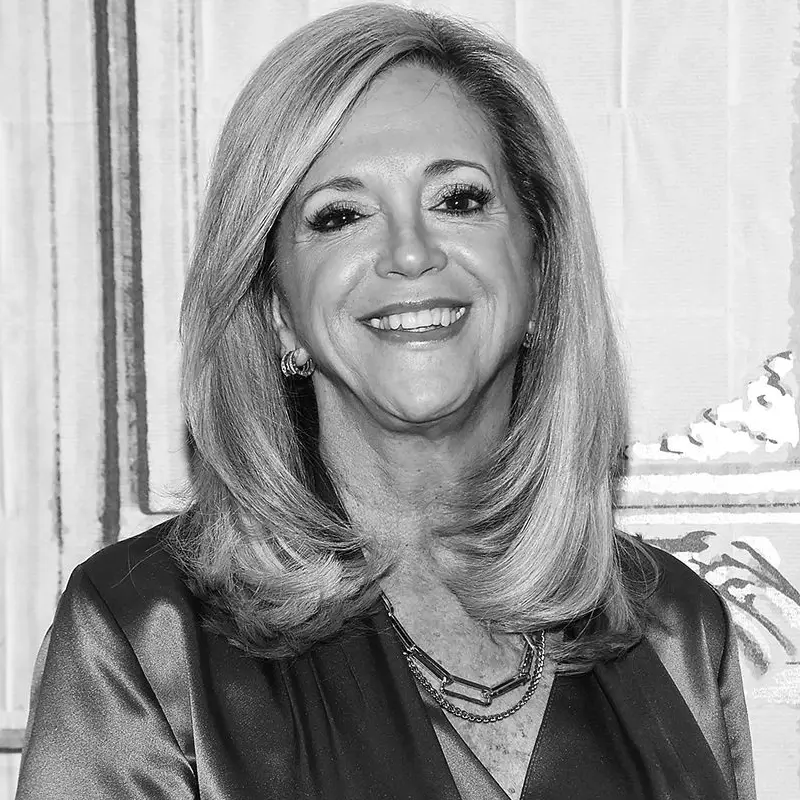
13. Joy Mangano
Joy Mangano was working multiple low-paying jobs as a single mother when she decided to bet everything on her invention of a self-wringing mop. She quit the security of steady paychecks to pursue manufacturing and marketing her own product.
The innovation: Mangano’s story, depicted in the film Joy and detailed in business case studies, shows how necessity combined with careful observation can spark revolutionary ideas. Her daily struggles as a working mother gave her insights into problems that male-dominated product development teams routinely overlooked. When she couldn’t find solutions in the marketplace, she realized she would have to create them herself.
The Miracle Mop launched a product empire that made her one of America’s most successful female entrepreneurs.
How this could help you: Pay attention to everyday frustrations—they might contain million-dollar solutions.
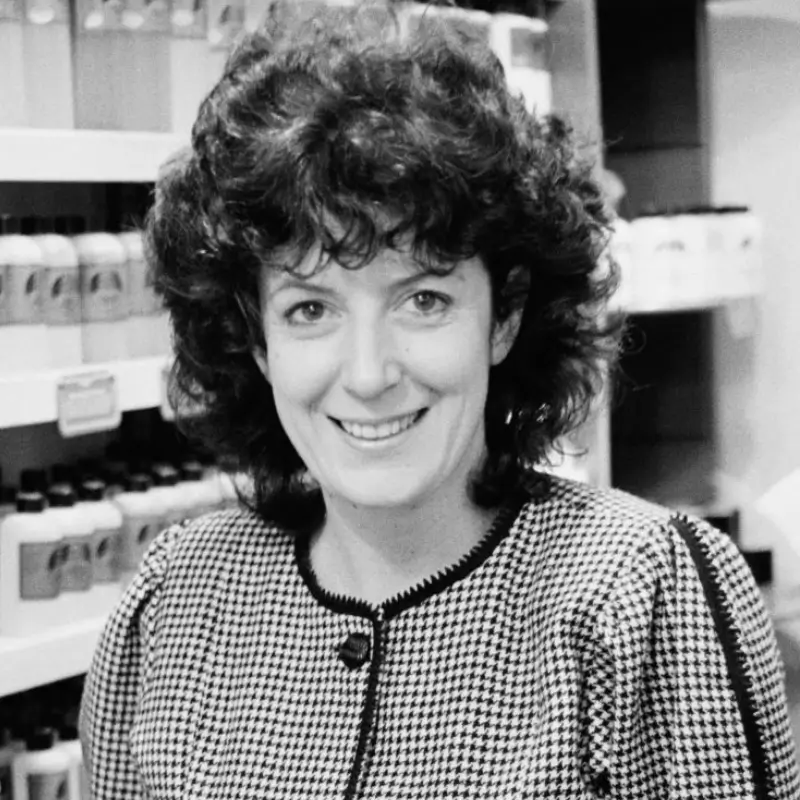
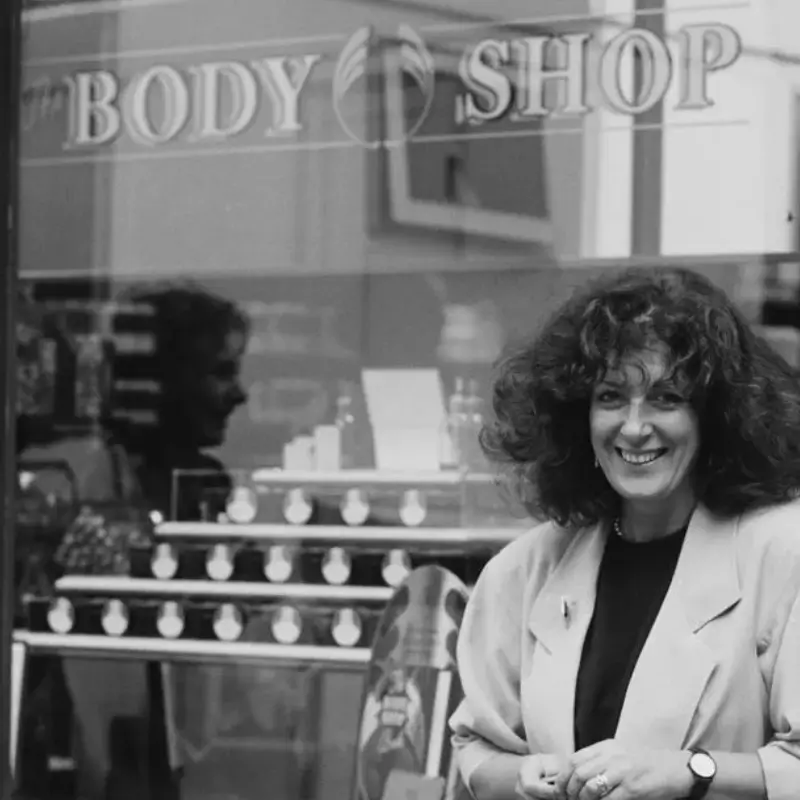
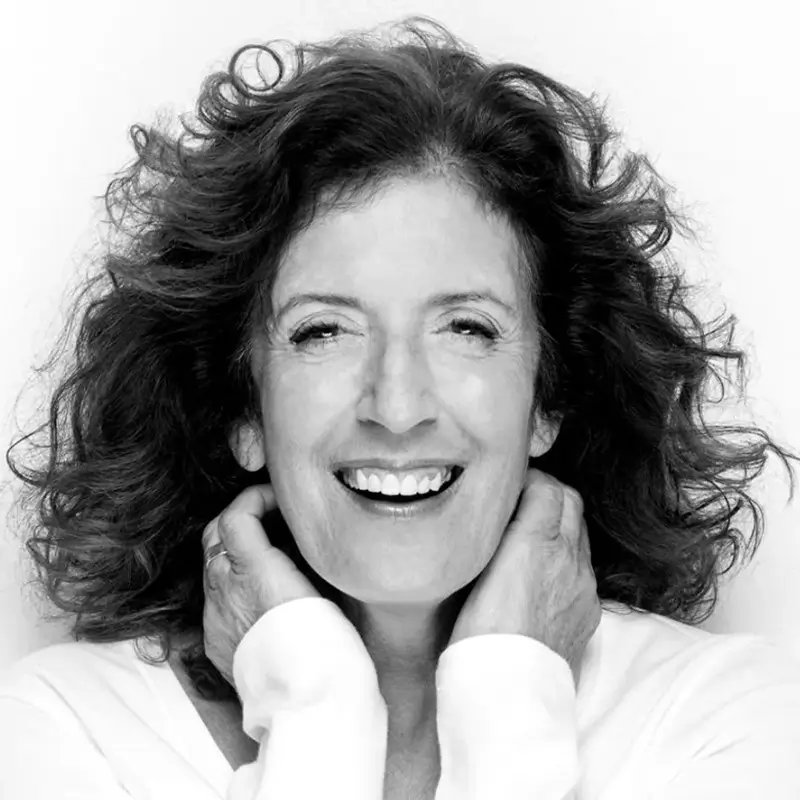
14. Anita Roddick
Anita Roddick left her stable teaching career and comfortable middle-class life to open The Body Shop in 1976 with just £4,000 borrowed money and no business experience. She quit the security of education to pursue her vision of ethical beauty products when “natural” and “cruelty-free” weren’t even concepts in cosmetics.
The leap: Roddick’s transformation shows how personal values can drive successful business innovation. While established cosmetics companies focused on expensive packaging and unrealistic beauty promises, she filled recycled bottles with simple, effective products and told honest stories about their origins. Her teaching background helped her educate customers about ingredients and ethical sourcing, turning shopping into activism.
Her willingness to challenge industry norms—refusing animal testing, using minimal packaging, supporting fair trade—created an entirely new category of conscious consumerism. The Body Shop became a global phenomenon and proved that businesses could be both profitable and ethical.
How this applies to you: Sometimes the market is ready for exactly what established players refuse to provide. Your “outsider” perspective might be the key to seeing opportunities that insiders miss.



15. Alexandria Ocasio-Cortez
Alexandria Ocasio-Cortez (AOC) was bartending and doing community organizing when she decided to run for Congress against a powerful incumbent with no money, no political machine, and no insider support. She quit her day job to campaign full-time on a shoestring budget.
The grassroots approach: AOC’s victory, analyzed in numerous political studies, came from her decision to completely bypass traditional political pathways. While her opponent relied on established donors and party machinery, she built her campaign on authentic conversations with constituents who felt ignored by the political establishment. Her working-class background wasn’t a liability to overcome—it was her primary qualification for representing working-class people.
She became the youngest woman ever elected to Congress, proving that political outsiders can disrupt established systems.
How this applies to you: Sometimes your “disadvantages” are actually your greatest strengths in a new arena.
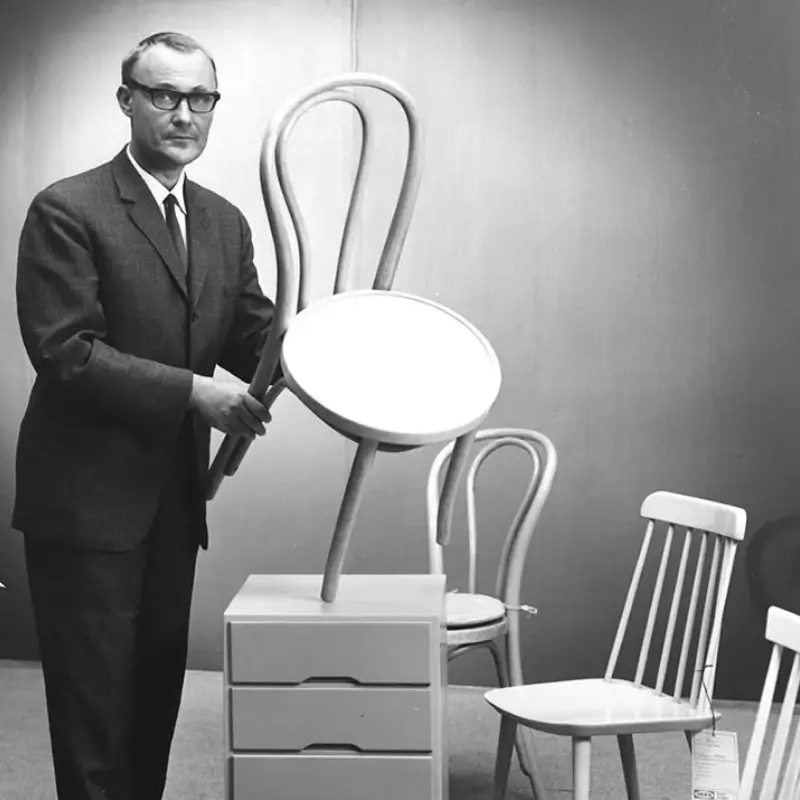
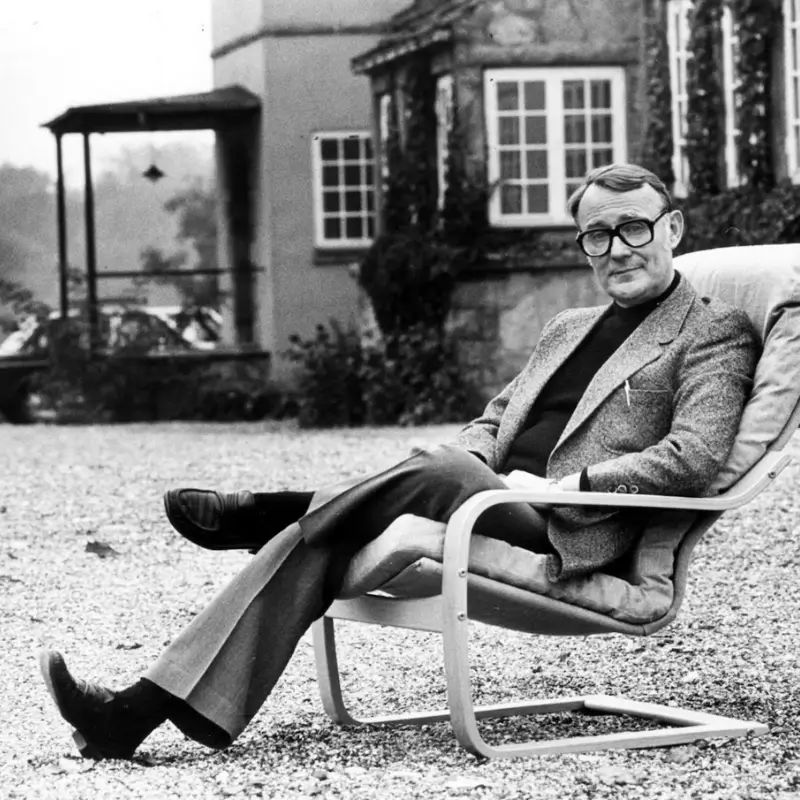
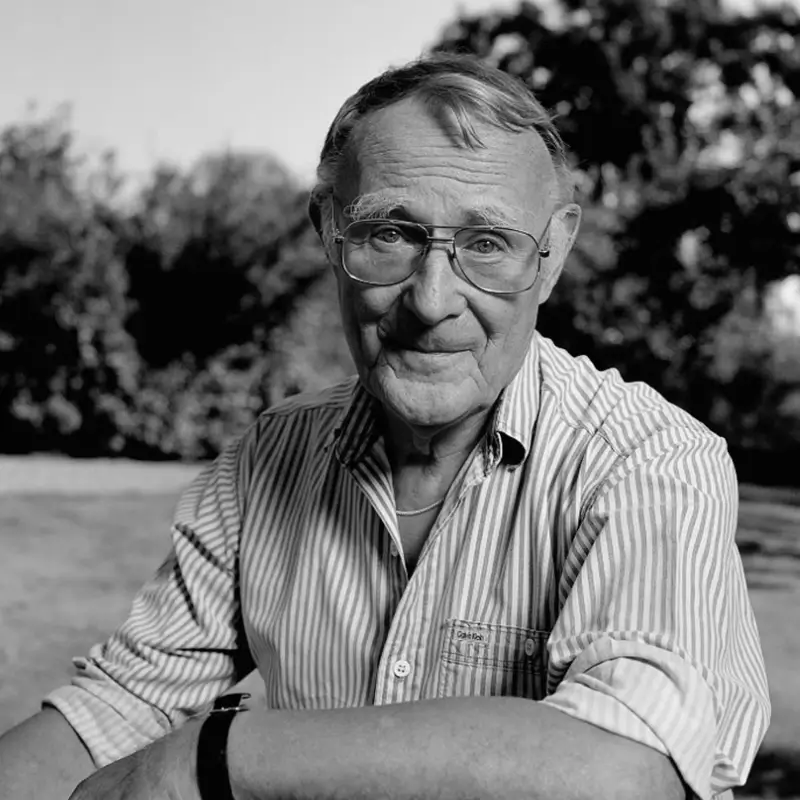
16. Ingvar Kamprad
Ingvar Kamprad struggled with dyslexia and felt alienated by traditional education and business elitism. He quit the conventional path to start IKEA from rural Sweden, focusing on affordability and functional design that made quality furniture accessible to everyone.
The democratic vision: Kamprad’s story, detailed in multiple business biographies, shows how his learning differences actually became his competitive advantage. His dyslexia forced him to think visually and systematically, leading to IKEA’s revolutionary pictorial assembly instructions and modular design philosophy. His rural, working-class background kept him focused on what ordinary families actually needed rather than what impressed industry insiders.
IKEA became one of the world’s most influential brands, revolutionizing furniture retail and design philosophy.
How this could help you: Consider how your perceived weaknesses might actually be strengths in the right context.
The Courage to Begin Again
These stories share a common thread: the recognition that staying in the wrong situation, no matter how secure or prestigious, is often riskier than starting over. Research from Harvard Business School shows that career changers who make dramatic pivots often report higher life satisfaction and professional fulfillment than those who follow linear paths.
What makes these transformations possible isn’t perfect planning or guaranteed outcomes—it’s the willingness to prioritize authentic alignment over external validation. Each person trusted that their unique combination of experiences, even if unconventional, could create value in ways they couldn’t fully predict.
The most remarkable thing about people who quit everything and started over to succeed? They didn’t wait for permission, perfect timing, or complete certainty. They simply decided that their potential was worth more than their comfort.
What would you quit tomorrow if you knew you couldn’t fail?
Related articles
Finding and Living With True Purpose: From Inspiration to Action
Provides a systematic framework for discovering core values and translating them into action, supporting the article’s emphasis on authentic alignment over external validation.
How to Successfully Navigate a Career Change in 10 Simple Steps
Offers practical strategies for managing dramatic career pivots, connecting to the article’s focus on calculated risk-taking and strategic transitions.
The Psychology of Career Transitions: Embracing Change and Growth
Explores the mental challenges of leaving familiar paths, aligning with the article’s themes of overcoming fear and building resilience.
Stories of People Who Found Their Purpose Later in Life
Chronicles real-world transformations after age 40, supporting the article’s message that courage matters more than timing.
Growth Mindset: How to Develop a Mindset for Success and Resilience
Discusses developing mental flexibility for major transitions, reinforcing the article’s emphasis on viewing setbacks as learning opportunities.


